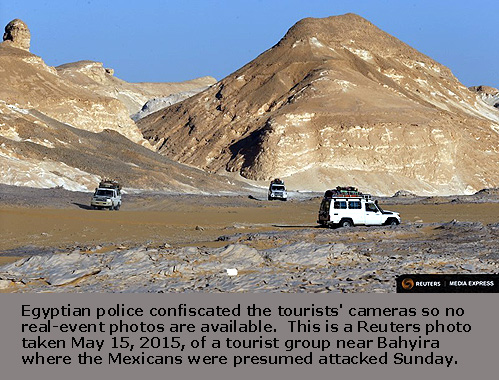 Tourists have been slaughtered in Egypt for a long time. It’s crazy the way the media paints Metrojet as something new.
Tourists have been slaughtered in Egypt for a long time. It’s crazy the way the media paints Metrojet as something new.
In fact as tourist numbers increased in Egypt in the last 30 years so did terrorist killings: The period of greatest growth in Egyptian tourism, 2006-2008, also saw the largest number of tourists killed and attacked, nearly 500.
We retrieve memories of terrorism very selectively, often for political reasons. No one should be surprised by the terrorist bombing last week in Sharm el-Sheik.
Below is a quick summary hardly exhaustive. My point is that terrorism is a way of life for all of us, now, and it has been for some time.
Traveling on a vacation to an exotic destination is today similar to taking your kids on an interstate road trip. You do everything in your power to be safe, but you know that the statistics are chilling and that it’s possible that through no fault whatever of your own, tragedy can strike.
But you also know that the statistics are in your favor … as they are in Egypt, or London or Kenya or New York, and that road trip’s value to you and your family outweighs the risk.
The more exotic or unusual the adventure, usually that means the greater the risk. But I believe without this desire to travel to the far corners of the world, we’re doomed to a worse future than terrorism can create, one that secularizes the world and makes it even riper for even more terrorism.
All this doesn’t mean that the Sharm el-Sheik tragedy isn’t worthy of news, or isn’t shocking. But let’s keep it in context. Egypt is in the center of the Muslim/Christian – Democracy/Autocracy conflict, today. It’s horrible what happened, but it’s not surprising.
And if you haven’t visited Egypt yet, you must!
* * *
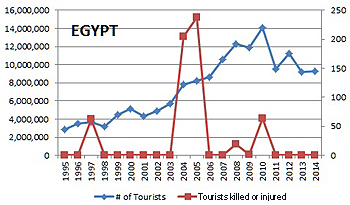 Terrorism in Egypt has been happening for millennia. Many of us believe in the current era the attack that began a continued escalation of terrorism against tourists was on on April 18, 1974, when 100 rebels stormed a military college trying to assassinate President Anwar Sadat.
Terrorism in Egypt has been happening for millennia. Many of us believe in the current era the attack that began a continued escalation of terrorism against tourists was on on April 18, 1974, when 100 rebels stormed a military college trying to assassinate President Anwar Sadat.
Sadat’s overtures to Israel and ultimate peace treaty galvanized Muslim militants. They’ve never stopped protesting that in Egypt. Virtually every year since has seen violent attacks on tourists.
The Luxor Massacre took place on November 17, 1997, in front of the famous Hatshepsut temple. Six terrorists disguised as security forces simply gunned down the tourists as they filed from their bus.
The fact that the horrible Luxor Massacre was followed by years of increasing tourist growth to Egypt means either that quite a few tourists understand the risks and consider them worth taking, or that they don’t care.
I think it’s the former.
It was in the period of 2004 – 2006 that the numbers of tourist deaths and injuries really escalated, and it was not because of any any single large events like the Luxor Massacre, but rather numerous tourist killings at places like a tea house in Cairo or a beach on the Sinai. Yet this period in particular was the beginning of the fastest growth in tourism Egypt has ever seen.
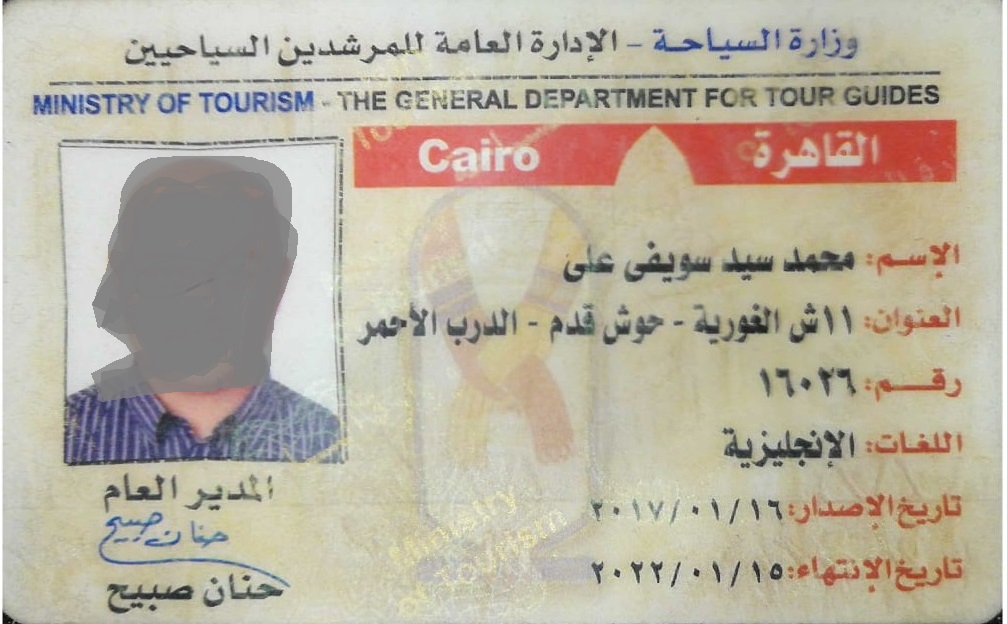 Joe Biden landed in Egypt for the COP27 conference just as we began our first day of the Egyptian safari. I was about to post this blog (two weeks ago) just as Egyptian police announced that reporters and bloggers be put on notice: Don’t criticize the government.
Joe Biden landed in Egypt for the COP27 conference just as we began our first day of the Egyptian safari. I was about to post this blog (two weeks ago) just as Egyptian police announced that reporters and bloggers be put on notice: Don’t criticize the government.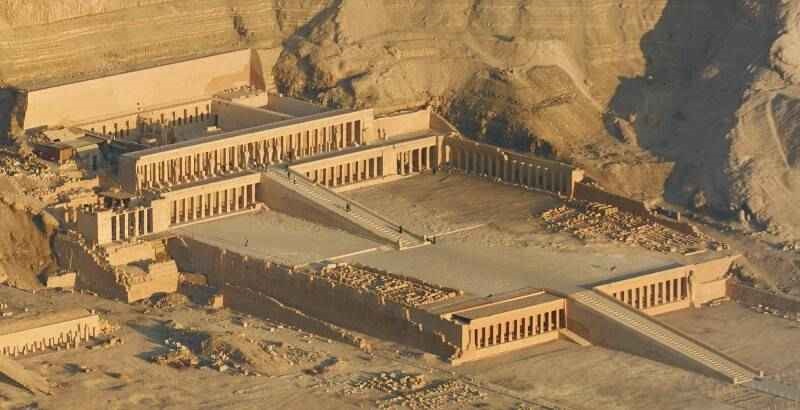 It was the perfect time for a woman to make a move. Her great-grandfather Ahmose had started her family’s dynasty by defeating the barbarians who had so blithely overrun the ancient kingdoms with their new invention, the chariot. It didn’t take Ahmose long to make his own.
It was the perfect time for a woman to make a move. Her great-grandfather Ahmose had started her family’s dynasty by defeating the barbarians who had so blithely overrun the ancient kingdoms with their new invention, the chariot. It didn’t take Ahmose long to make his own.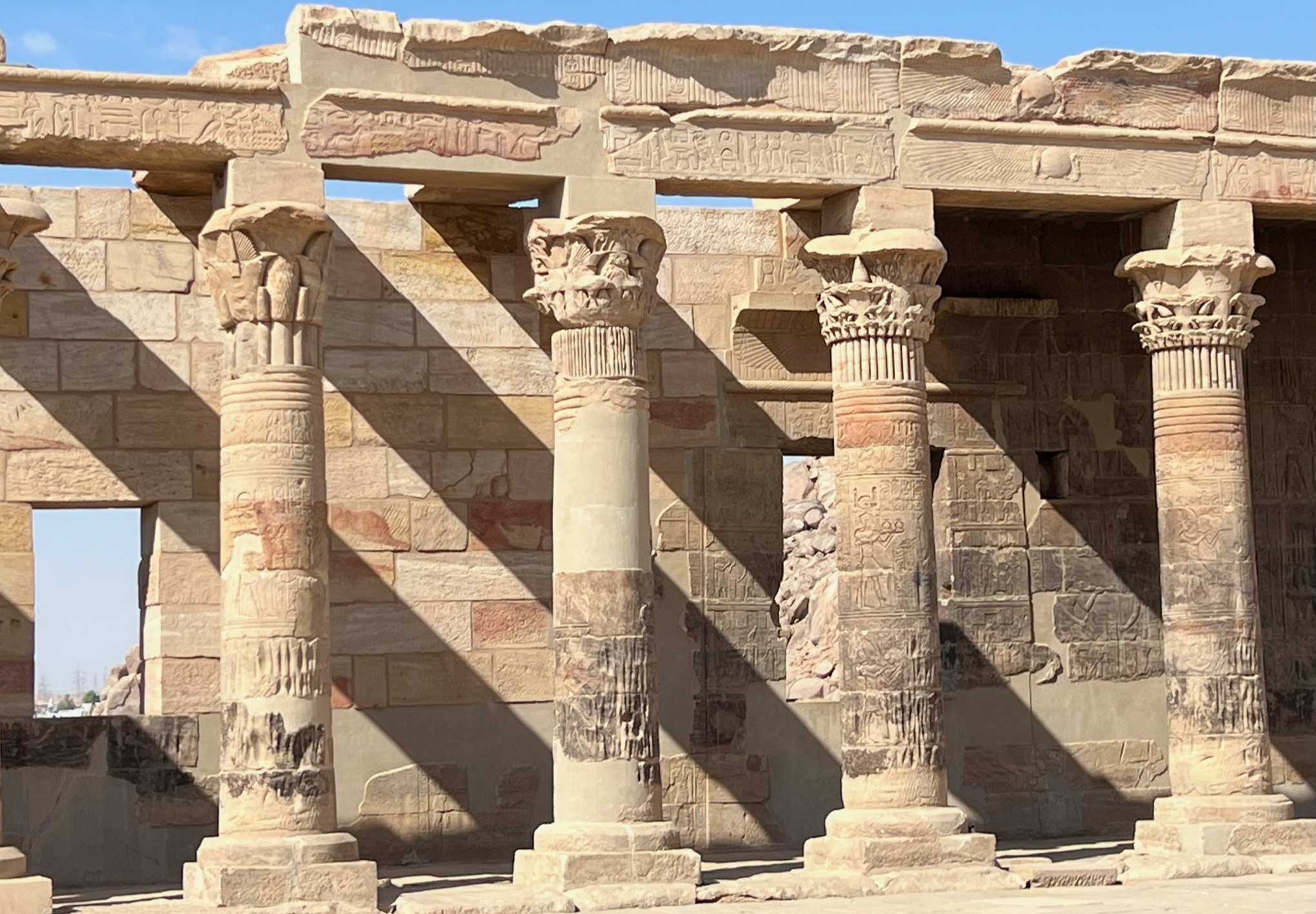 The incredible multi-thousand year old history and monuments of pharaonic Egypt draw nearly 12 million visitors a year. But I’m getting really fascinated by the much later periods, when first the Greeks, then the Romans, then ultimately Muslims took control of the empire.
The incredible multi-thousand year old history and monuments of pharaonic Egypt draw nearly 12 million visitors a year. But I’m getting really fascinated by the much later periods, when first the Greeks, then the Romans, then ultimately Muslims took control of the empire. Shortly before my first group was to kayak up to Hubbard Glacier in Alaska’s Russsel Fjord there was concern that the glacier was growing so fast that it would seal the fjord.
Shortly before my first group was to kayak up to Hubbard Glacier in Alaska’s Russsel Fjord there was concern that the glacier was growing so fast that it would seal the fjord.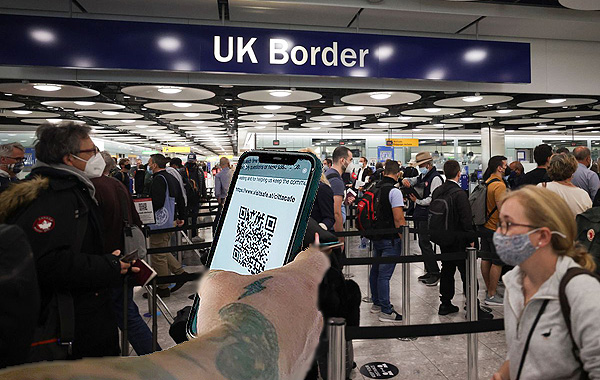 If you’re a resident in one of the twenty Republican States that are currently prohibiting vaccine documentation you probably already know that it will be much more difficult for you to travel outside the country than before the pandemic.
If you’re a resident in one of the twenty Republican States that are currently prohibiting vaccine documentation you probably already know that it will be much more difficult for you to travel outside the country than before the pandemic.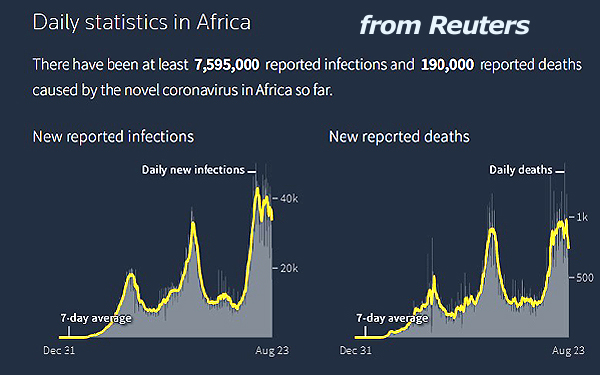 Africa is breaking as covid cases surge.
Africa is breaking as covid cases surge.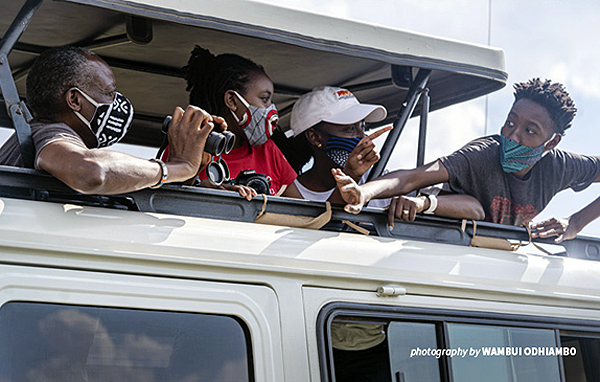

 When will it be safe to travel, again?
When will it be safe to travel, again?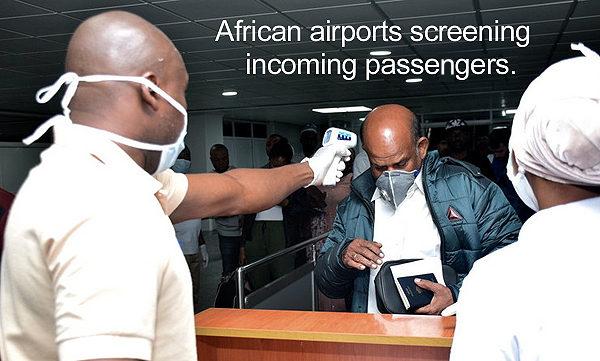 Coronavirus is creeping into Africa but at a much slower rate than some expect given the high levels of transport exchange between Africa, China and even Italy.
Coronavirus is creeping into Africa but at a much slower rate than some expect given the high levels of transport exchange between Africa, China and even Italy. A moment of peace in a world of war. The Nobel Peace
A moment of peace in a world of war. The Nobel Peace  Africa as my lifeway’s platform for roughly 5 months annually during the troubled times of the last few years has radically changed my view of democracy.
Africa as my lifeway’s platform for roughly 5 months annually during the troubled times of the last few years has radically changed my view of democracy. Ambassador Carson’s
Ambassador Carson’s 

